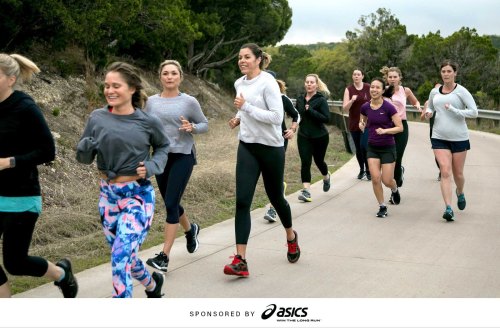If you’re a member of the mass exodus that always skips the stretching portion after a workout class, or if just the thought of foam rolling makes you want to skip your workout completely, Olympic runner Deena Kastor has some great news for you.
Yes, she acknowledges that taking care of your muscles post-workout is important (sorry, you’re never going to totally escape that part), but considers other elements of recovery more impactful.
“There have been so many great moments that running has offered me, but most have been those grand leaps of mental evolution that I can carry with me every day,” she says. “Fitness can ebb and flow, but a positive mental edge remains part of the fabric of our perspective.”
To explain exactly what her fitness philosophy looks like, Kastor joined us in Austin at the Well+Good Retreat in March, where we teamed up with ASICS to show attendees how to apply Kastor’s pro-level post-workout recovery tips after their group run through the resort.
Scroll down for the top 3 post-workout recovery tips Kastor recommends prioritizing.
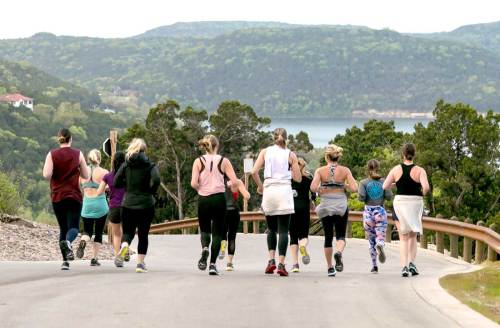
1. Eat carbs and protein
Making yourself a snack or meal with high-quality carbs and protein within 30 minutes after your workout is a must, according to Kastor. “This is a critical window to help your body halt the breakdown of tissue and begin to recover,” she explains.
Her favorite options for post-workout snacks are sandwiches, smoothies, or a portion of leftovers from the previous night’s dinner, and she always makes sure to eat enough to power her through her next workout. Remember: Food is fuel.

2. Switch up your sleep schedule
You might think you’re getting enough sleep, but if you want to train like an Olympic athlete, you’re going to need all the zzz’s you can get. When Kastor was training for the Olympics, where she won the bronze medal in the 2004 marathon, she slept for 10 hours a night in addition to napping for two to four hours during the day.
“Sleep is where your body works its magic,” she says. “When you are training, working out, or racing, your body is actually breaking down and depleting. It is only if you give yourself adequate rest and sleep that you can actually repair and rebuild yourself.”
If you have a day job, you likely can’t schedule time for a four-hour nap every afternoon (if only). A simpler way to increase your recovery time is by aiming to go to bed an hour earlier each night.
Kastor’s trick for making sure you actually prioritize sleep? Skip the face masks and start considering sleep an act of self care. “Make yourself a priority,” Kastor says. “When we treat ourselves with love and respect through pampering and self care, we can better treat others with equal amounts of love.”
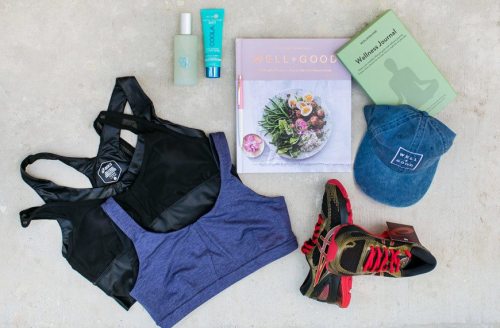
3. Add some joy
During Kastor’s Olympic training, a typical day included running (obviously), stretching, massages, eating a lot of high-quality food, running again, lifting weights, and loading up on sleep. But the one element she credited to powering her through grueling training days was keeping tabs on her attitude.
“The most important factor was feeling joy in the pursuit,” Kastor says. “When we are happy, our bodies produce hormones that aid in recovery, and you deserve a large helping of joy.”
Kastor recommends finding some happiness to add to your workout routine, whether that’s by making a special playlist that pumps you up, taking the scenic route on your morning runs, or investing in a workout wardrobe that makes you feel like a million bucks.
SHOP RUNNING SHOES
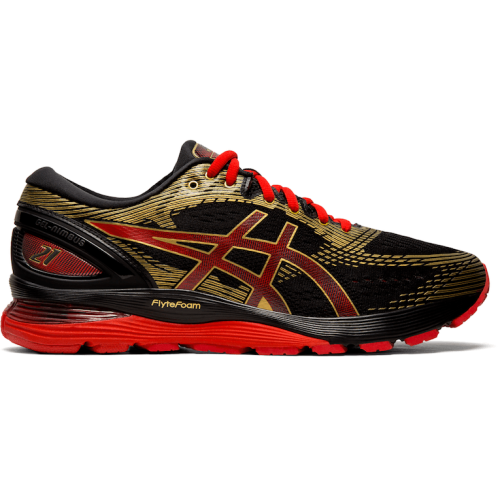
ASICS GEL-NIMBUS® 21 $150
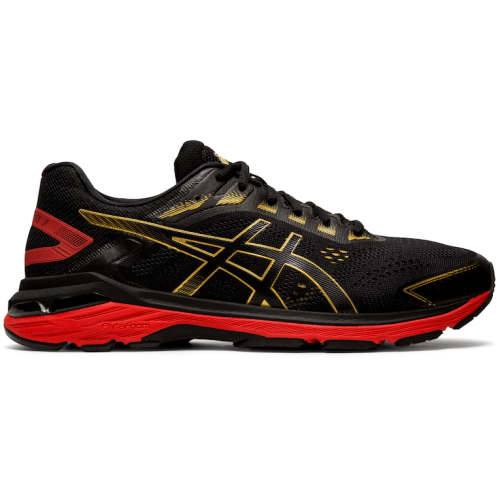
ASICS GT-2000™ 7 $120
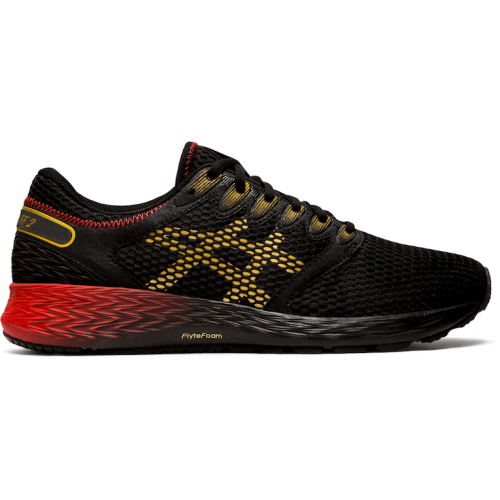
ASICS ROADHAWK FF™ 2 $100
In partnership with ASICS
Photos: Aubré Salas
Sign Up for Our Daily Newsletter
Get all the latest in wellness, trends, food, fitness, beauty, and more delivered right to your inbox.
Got it, you've been added to our email list.
